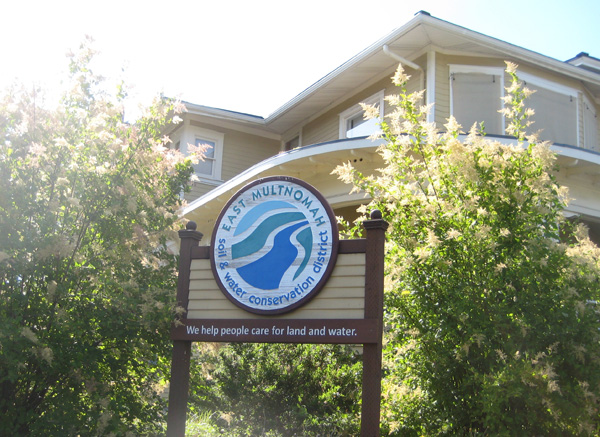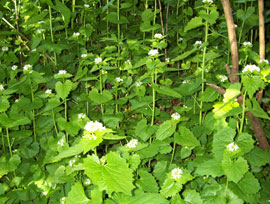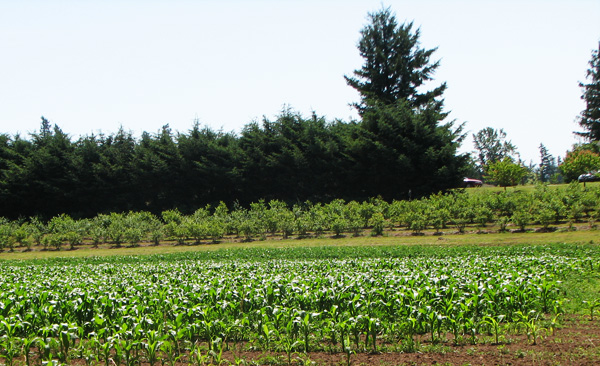Update, 5/2/2016: The application period for this position has now closed. Thank you for your interest!
We are hiring for an Invasive Weed Technician! This position works with our Rural Lands team to map and control high-priority invasive weeds, with the long-term goals of restoration of native plant communities, protecting ecosystem processes and water quality, and preventing erosion.
The ideal candidate has excellent communication skills, a helpful personality, and experience in restoration, vegetation management and utilizing mapping technology and software. This position is part time (20 hours per week) and temporary; the job will begin in May and end on September 30th, 2016.




